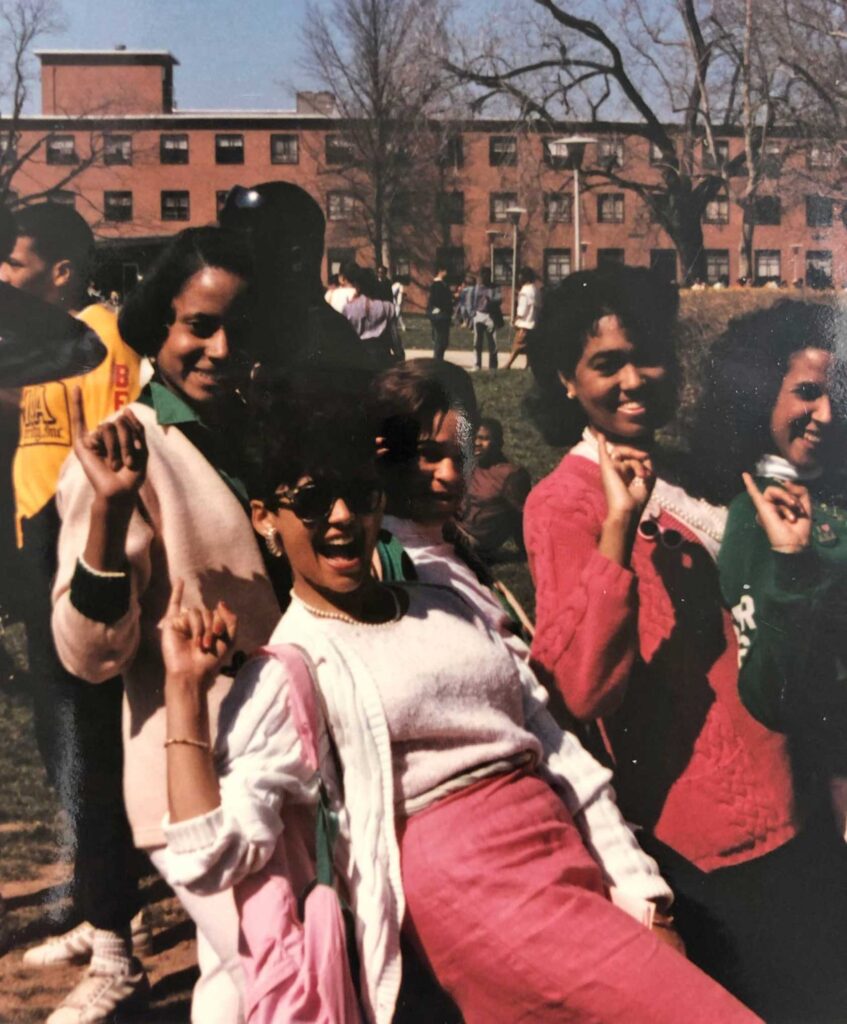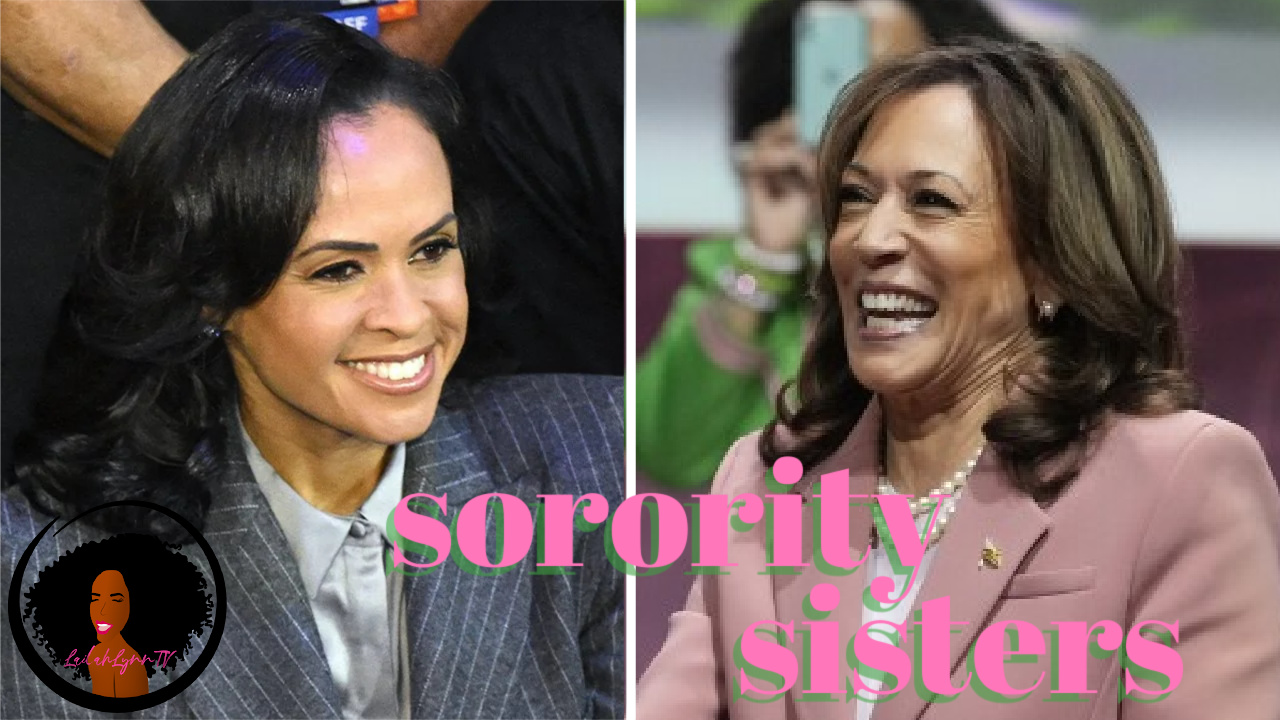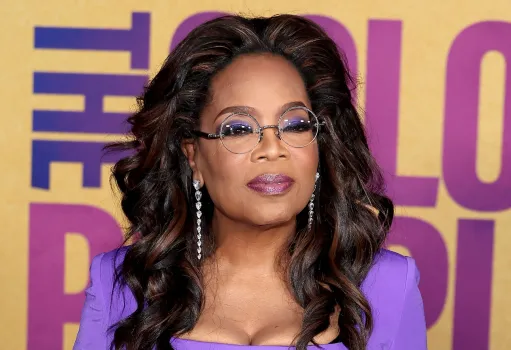Recently, some Trump supporters have expressed frustration upon discovering that Vice President Kamala Harris and ABC News moderator Linsey Davis are sorority sisters. Both women are members of Alpha Kappa Alpha Sorority, Inc., a historically Black sorority known for fostering leadership and sisterhood among women. This connection, revealed before and after the presidential debate between Harris and Donald Trump, sparked backlash online, particularly from Trump supporters, who felt it posed a conflict of interest during the debate.

The criticism centered on claims that Davis, who co-moderated the debate, might have shown favoritism toward Harris due to their shared sorority bond. Some prominent conservative voices amplified this narrative, arguing that the debate was biased. A viral social media post, for example, suggested that Davis’ questioning of Trump was harsher compared to how she handled Harris, leading to accusations of partiality.
However, while both women belong to the same sorority, it’s important to note that they attended different universities and were initiated into the sorority years apart—Harris in the 1980s at Howard University and Davis in the late 1990s at the University of Virginia. The connection, though real, has been somewhat overstated by critics, who are overlooking the fact that being in the same sorority does not necessarily imply personal or professional bias(The Dispatch)(Townhall)(ClutchPoints).

Sorority and fraternity connections are common across various professional fields, including media and politics, and are often misunderstood by those unfamiliar with Greek life. Some have pointed out that these associations are broad, encompassing thousands of members across hundreds of chapters nationwide. This makes it unlikely that shared membership alone would significantly influence a high-stakes presidential debate(Townhall).
Nevertheless, the narrative surrounding the Harris-Davis sorority connection gained traction, particularly within conservative circles, which continue to argue that the debate moderators should have disclosed the connection upfront. The sorority link became a flashpoint for discussing media impartiality, especially given the politically charged atmosphere of the 2024 election(The Dispatch).
Ultimately, while the outrage over their sorority connection is real, it overlooks the nuances of professional ethics and the wide-reaching nature of organizations like Alpha Kappa Alpha.



